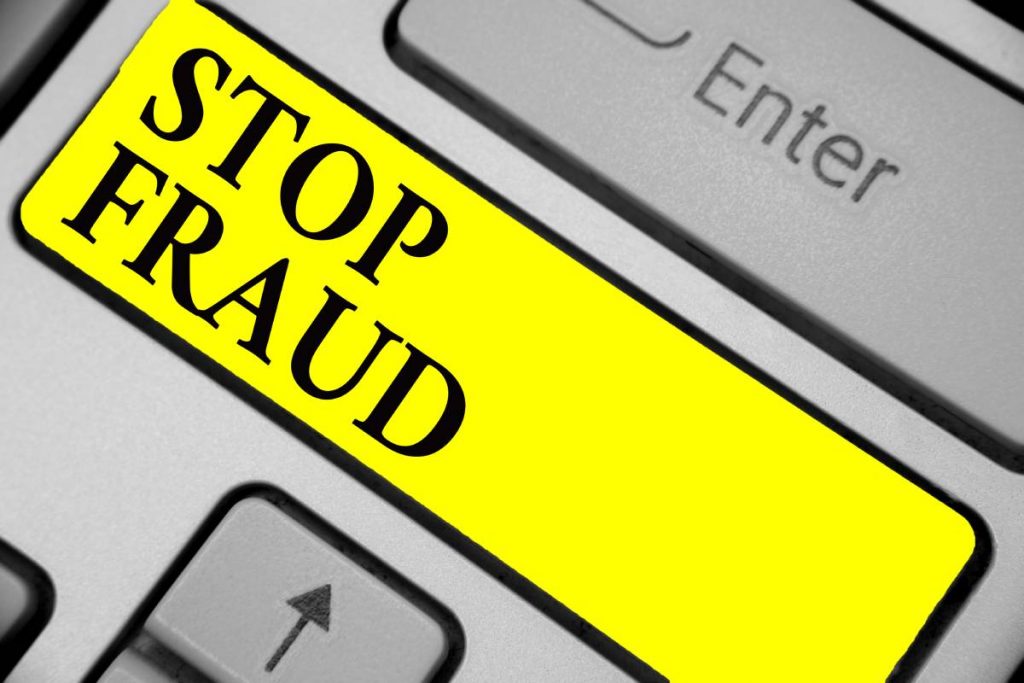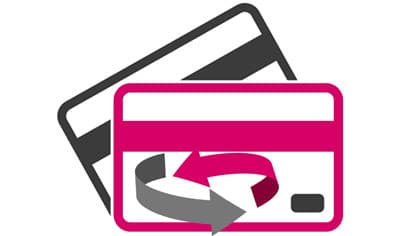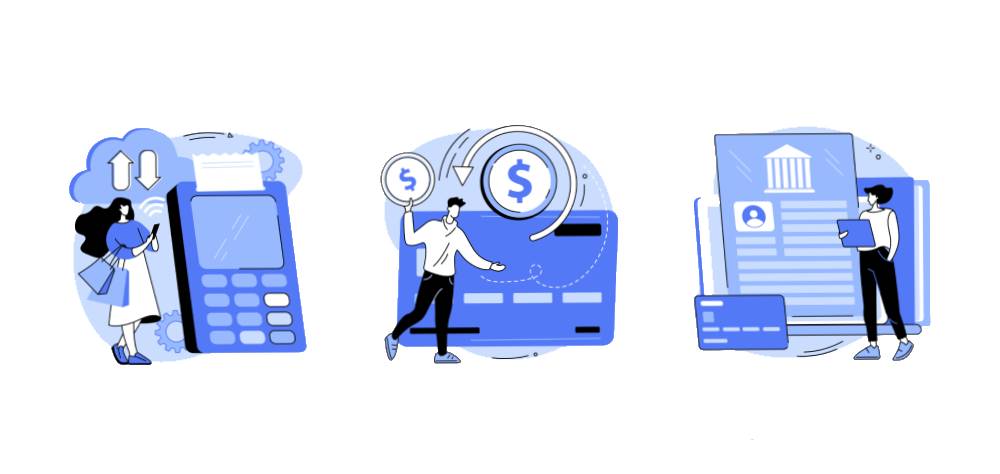Chargeback Types
You may be unhappy with a purchase or feel that a broker is not providing you with the service you signed up for. If you paid with a credit card, you may feel it is worth filing a chargeback claim and try to get your money back.
The chargeback process sometimes goes smoothly and often does not, so it is important to be informed from the beginning. There are essential things to know about the chargeback process and the different types of chargebacks.
Chargebax has the expertise and the right strategies to make your chargeback claim successful. We work with hundreds of banks and financial institutions and can communicate your case in a way that can greatly improve your chances of chargeback success.



